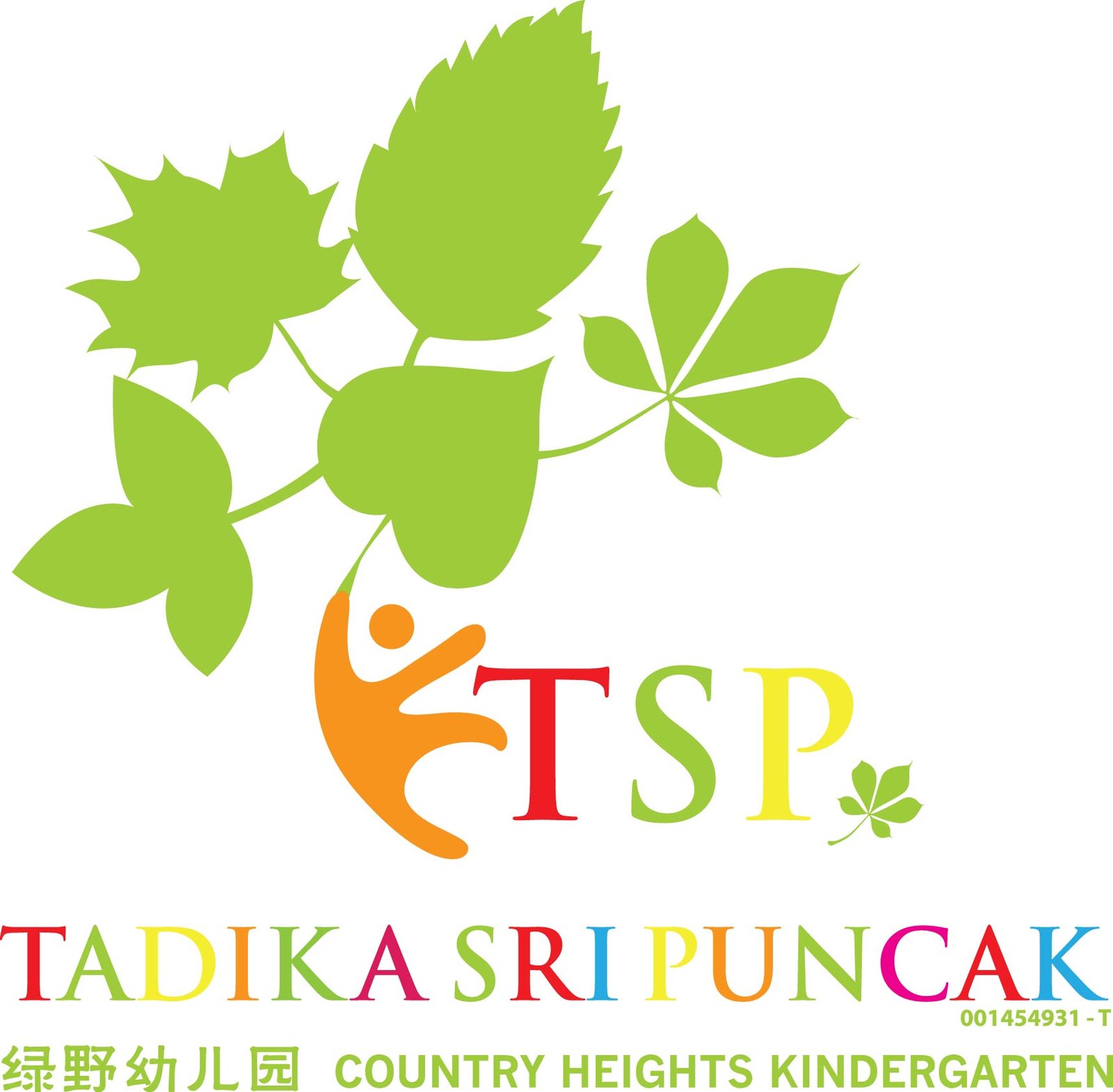Children in the Montessori classroom learn self-discipline through the enforcement of three simple rules:
- Take care of the people;
- Take care of the things;
- Make it work.
The first rule encompasses being kind to others, helping others, respecting the rights of others (not interrupting other children at their work, using a quiet voice indoors, etc.), and this rule is also expanded to include plants and animals.
The second rule includes the children in the care of their environment. By taking care of the materials that are so vital to their development (dusting, polishing, putting away properly, handling with care), the children grow in self-esteem, and, by controlling their environment, are able to control themselves.
If the first two rules are followed, “make it work” is a matter of course, and the children have the liberty to explore the environment, as their developmental needs demand. Sometimes a child will need adult help as she internalizes these rules and external discipline will need to be exercised. This is our procedure when external is deemed necessary:
- Redirect the child through alternative activities;
- Take time to talk with the indirect child; explore ways of making life more pleasant;
- The Directress will keep the disruptive child with her/him as she/he goes about assisting other children. This allows the child to observe the “normalized” behavior and perhaps find activities to the child’s liking.
- Persistent disruption may be dealt with by temporary removal from the group (time-out). The child may return to the group when willing to abide by the stated ground rules.
If necessary, the staff will seek parental help and guidance in understanding the child. If unable to resolve the problem with the assistance of parents, the staff will recommend professional help to parents. Under no circumstances shall any child be subjected to corporal punishment, verbal abuse, or be deprived of regularly scheduled meals or snacks.
Children learn to respect others after they have the experience of being respected. This is one of the basic principles of the Montessori philosophy and effective discipline. It is important for children to establish a sense of autonomy and self-confidence, to believe that they are worthy of respect, and to know how to live among people in a disciplined way.


